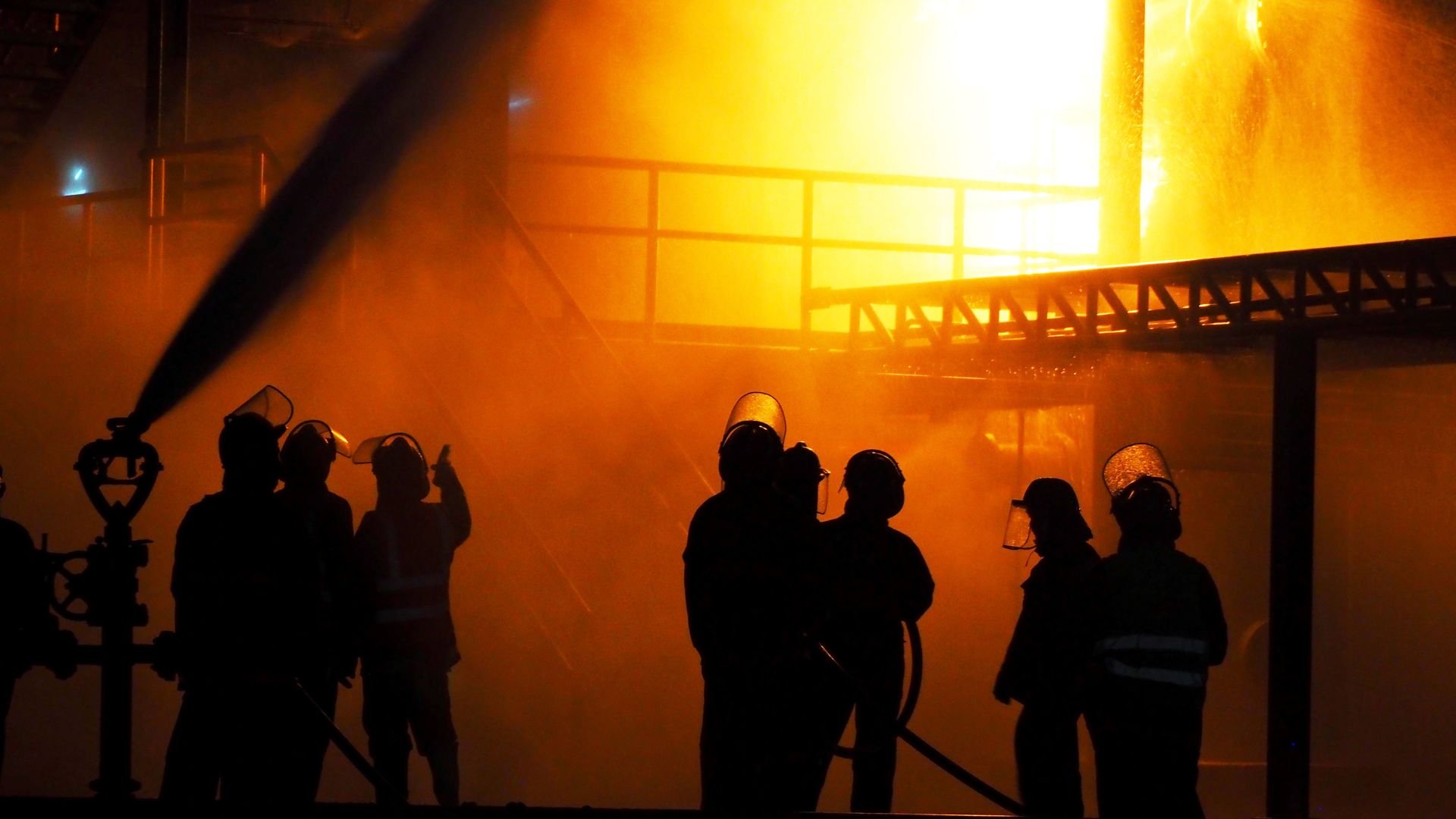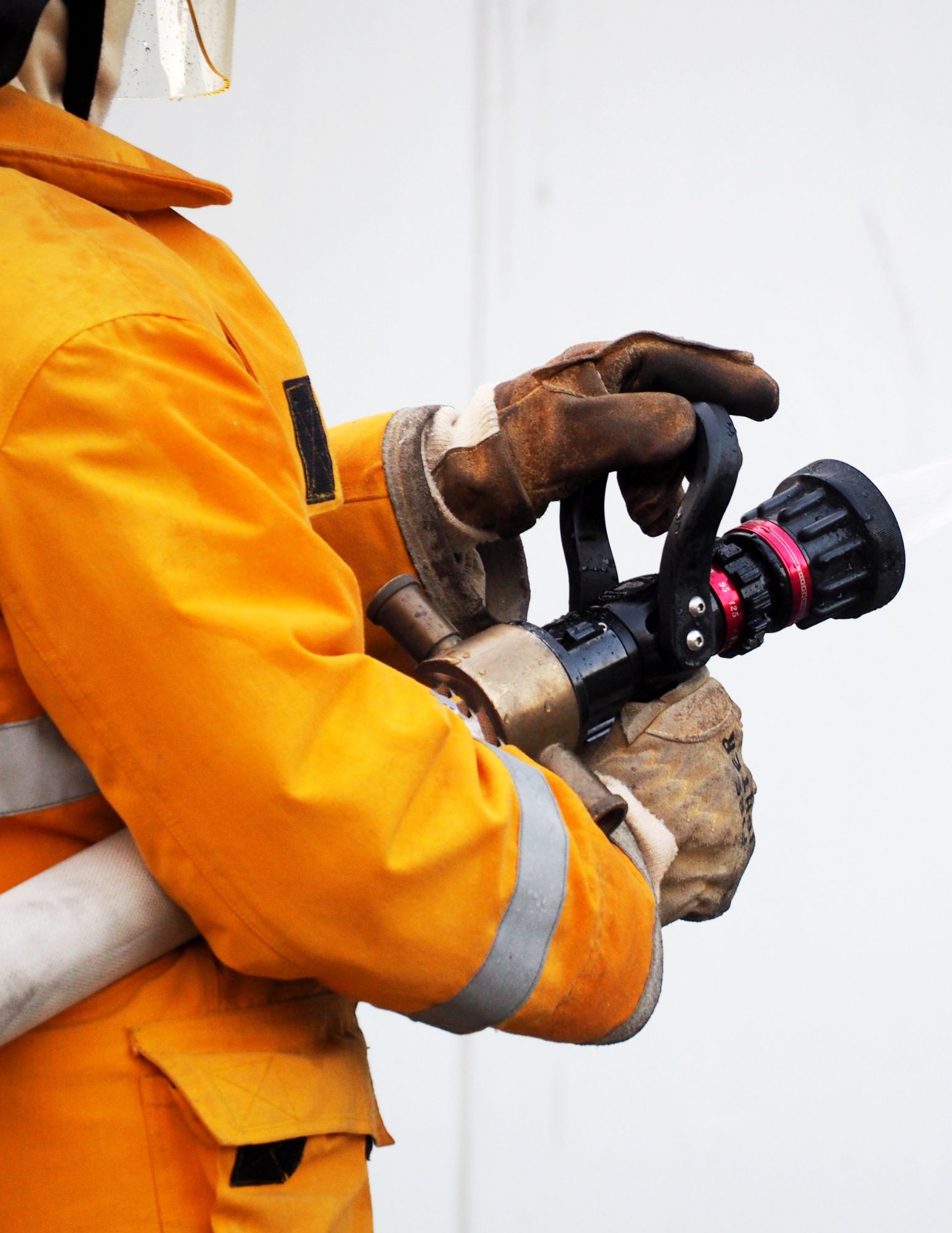.jpg?width=1920&name=emerg%20response%20(1).jpg)
Irwin's Safety is dedicated to helping businesses develop effective emergency response plans to ensure the safety of their employees and customers in times of crisis. When facing an emergency situation, it's crucial to have a well-thought-out plan in place that covers all potential risks and addresses how to respond in a timely and organized manner.
Our team at Irwin's has years of experience in emergency response services and understands the importance of having a comprehensive plan in place.

This service includes creating a detailed plan tailored to your business that outlines how to respond during an emergency situation. This can include procedures for natural disasters such as hurricanes or earthquakes, as well as man-made emergencies such as fires or chemical spills. We work closely with your team to understand your business operations and identify potential hazards, so we can develop a plan that fits your specific needs.
In Canada, the development of emergency response plans is guided by organizations such as the Canadian Centre for Occupational Health and Safety (CCOHS).

Emergency response plan development is vital for numerous reasons such as:
Protecting Lives and Property
When an urgent situation strikes, such as a fire, natural disaster, or medical crisis, having an emergency plan in place can save lives and minimize property damage. It ensures that everyone on-site knows what to do, allowing for rapid and effective response, and greatly reducing the potential impact on human lives and valuable assets.
Collaboration and Coordination
Organizations are better equipped to coordinate efforts between various departments, stakeholders, and external services such as medical services and police departments. This collaborative approach ensures that everyone is on the same page and can work together seamlessly in times of crisis.
Effective Incident Management
It establishes clear roles and responsibilities, designates an incident commander, and provides a framework for decision-making. This ensures that the response efforts are well-organized, efficient, and effective in mitigating the incident and minimizing its consequences.
When developing an emergency response plan, several key steps are involved:
Industries that can greatly benefit from our Emergency Response Plan Development service include manufacturing, construction, healthcare facilities, educational institutions, and any other businesses that have a large number of employees and/or frequent interactions with the public. In these industries, emergencies can occur at any time and having a well-developed plan in place can save lives and minimize damage.
or Phone +1 (855) 747-9467

“The safety of the people shall be the highest law."
– Marcus Tullius Cicero, Roman philosopher born in 106 BC